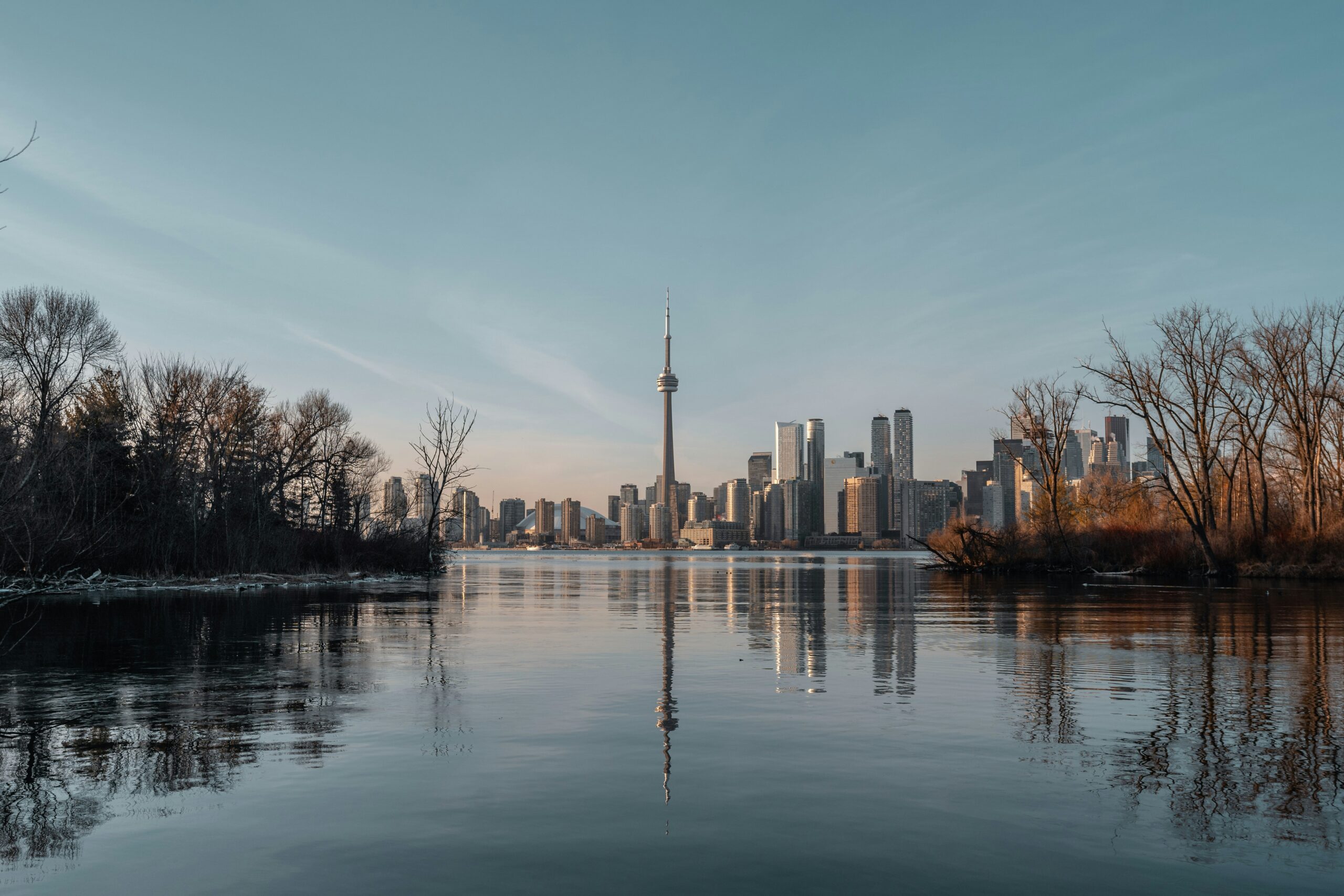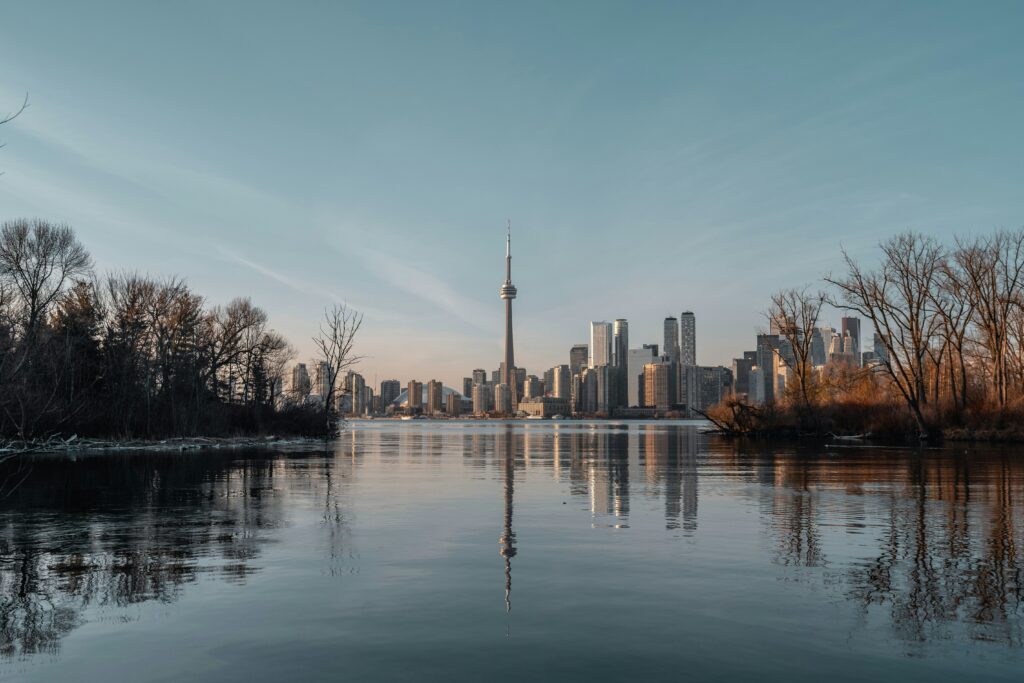Ontario’s Early Election

February 6th, 2024

Ontario voters will head to the polls on February 27th, 2025, more than a year in advance of what had been the scheduled election date of June 2026. Premier and Progressive Conservative leader Doug Ford justifies the early election call by insisting that he needs a renewed “mandate” to respond to the threat of 25% tariffs from U.S. President Donald Trump. His critics are quick to point out that there is nothing wrong with the mandate he has. Ford also claims that, during the campaign period, he will continue to “be premier every single day” and will make trips to Washington to meet with American officials as tariffs could take effect as early as February 1st.
Ford’s plans to remain active in negotiations with the United States during the writ period could be difficult to reconcile with the caretaker convention, which requires that governments act with restraint while the legislature is dissolved. The caretaker convention is a constitutional convention rather than a legal rule, so it is not easy to “enforce”, but governments on the campaign trail are expected to defer to the fact that, during the writ period, they cannot derive legitimacy from the confidence of the legislative (because there is no legislature) and should therefore stop short of any action that would bind a subsequent government and/or require a significant budgetary allocation. Activities should be kept to what is necessary to keep the trains running. Ford’s talks with American officials, however, could lead him to major decisions that could indeed bind the next government, including retaliatory measures if tariffs come through.
Of course, Premier Ford created this issue himself by calling an early election at a time when he knew that being a “caretaker” premier would be difficult if not impossible. He’s doing something similar to what Premier Tim Houston did in Nova Scotia when he called an election for November of 2024, even though the scheduled date wasn’t until July of 2025: he’s attempting to secure a new term for his government while Justin Trudeau is still prime minister. The whole point of fixed election dates is to normalize four year terms and take away the political advantage conferred on the governing party through their ability to control the timing of elections. Though the federal and provincial governments all have fixed date election law, this does not override the constitutional prerogative of the first minister to request a dissolution of parliament at a time of their choosing – and for the Crown’s representative to grant it.
Ford’s gamble could cut two ways: his meetings with Washington officials could give him a leg up as the incumbent, but these negotiations could also undermine his bid for re-election if they don’t go his way. It is ultimately up to the voters to decide whether Ford has gone a bridge too far in calling an early election during a potential tariff war with our closest ally and trading partner. Meanwhile, it will be the job of the public service of Ontario to help guide the government through what could be an intense caretaker period in Ontario.
Lori Turnbull is a Senior Advisor at the Institute on Governance.